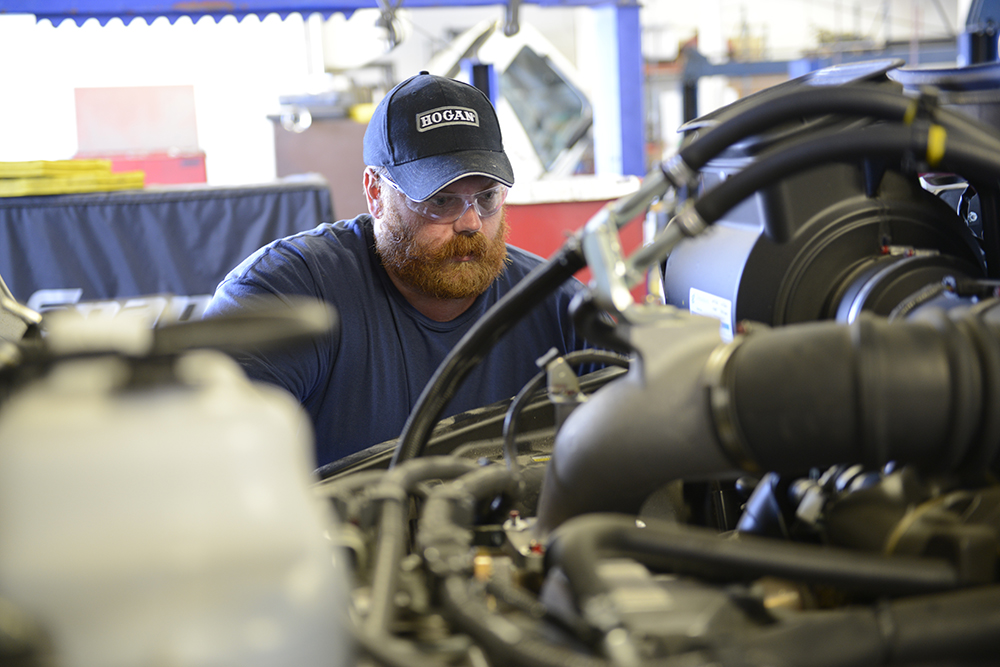Making sure your product is transported to its destination in a timely and safe manner is vitally important for your business. But do you really need to take on the burden of doing it all yourself?
The more you can focus on your core business, the more strategic you can be in your overall decision-making. But when you need to spend considerable amounts of time, money and resources on transportation, that cuts directly into your bottom line. Add in the costs of telematics, state-of-the-art equipment and logistics technology, and you begin to understand why many shippers have decided to outsource their transportation needs to a third-party, dedicated contract carriage (DCC) provider.
Whether you decide to turn to this option instead of implementing or replacing a private fleet, you should feel confident that you are still in control. You have all of the advantages of a private fleet minus many of the most cumbersome burdens. With pricing, equipment, and drivers provided for a set amount of time by the DCC carrier, you are assured of rates and capacity. And that provides the information necessary to better manage your working capital and control your cash flow.
Similarities and differences between DCC vs. Private Fleet
There are a significant number of similarities between owning a fleet and outsourcing. Both types of fleets:
- Guarantee capacity.
- Provide flexibility.
- Require staff to hire and ensure regulatory compliance.
- Require maintenance.
- Could be branded to advertise your company.
- Can be customized for your shipping needs.
- Have customer service and fleet management personnel.
- Require insurance.
- Require regulatory compliance.
- Require ELD’s and a TMS.
With so many similarities, what are the differences? With DCC rather than a Private Fleet:
- The cost of expensive assets and technology is included in the provider’s pricing. That means you don’t have to purchase and manage these items on your own.
- Risk is assumed by the carrier. That is significant as one accident can incur major costs in settlements and litigation.
- Capital is freed up since you no longer have to purchase and maintain trucks and trailer. That capital can go towards expanding and growing your business.
- You limit the number of employees necessary to answer your transportation needs. That is the responsibility of the carrier.
You are in the driver’s seat without having to be in the driver’s seat.
As I noted earlier, with DCC, you don’t give up control over your deliveries; in fact, you will gain more control over both deliveries and costs. You will still have control over shipment deliveries, freight spikes and more. Instead of requiring multiple employees to handle your transportation needs, you are able to get those costs from a single source. This gives your existing staff the time they need to focus on more value-added tasks. If you are the type of business that has seasonal ups and downs, you won’t have to worry about scaling up or down when it comes to employees.
Having a DCC is like having your own fleet. But to be successful and to optimize the relationship, you need to ensure that this transportation “partner” is regarded as an extension of your company. Make clear to them what your goals and initiatives are. Include them in discussions regarding your internal logistics and supply chain. Using DCC means more benefits, less burdens.
Dedicated Contract Carriage will provide the strategy your company needs to complete delivery services to your customer as well as give your company the visibility and edge to satisfy your companies and their customers delivery needs.
If your company is considering outsourcing their private fleet or needs a delivery fleet dedicated contract carriage could be an option for your company.





